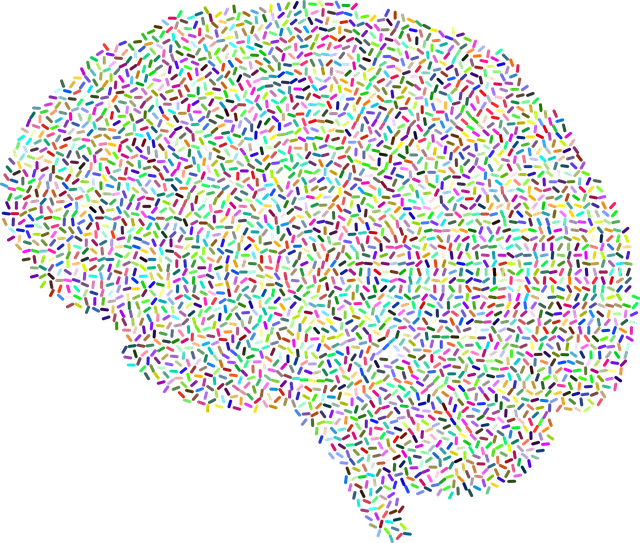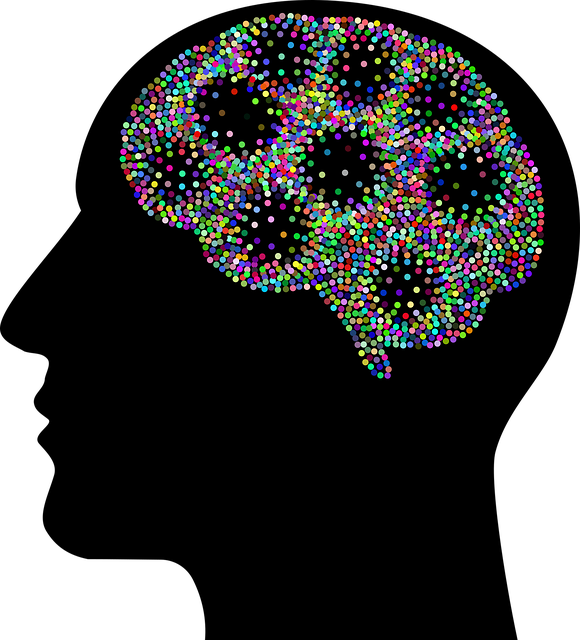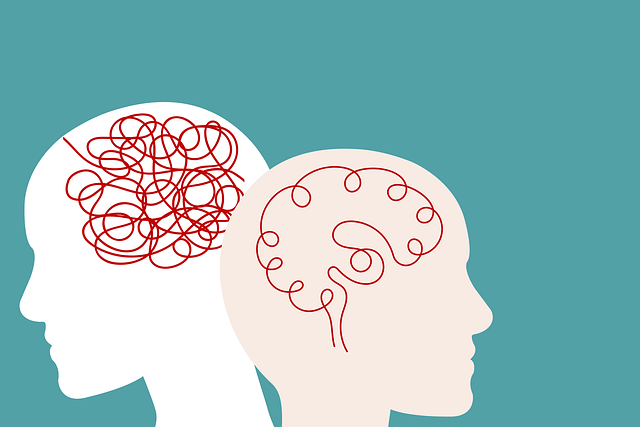Cultural competency in healthcare is crucial for equitable access to quality mental health care, as demonstrated by initiatives at Englewood Eating Disorders Therapy (EEDT). By fostering understanding and respect for diverse backgrounds, EEDT enhances communication, builds trust, and improves patient outcomes. Effective cultural sensitivity training through simulations and workshops empowers healthcare providers to overcome biases, ensuring tailored treatments for all patients, particularly in eating disorders therapy.
Cultural competency in healthcare is no longer a nice-to-have, but an imperative. This article explores why, delving into the profound impact of cultural biases on patient care and outcomes, using Englewood Eating Disorders Therapy as a case study for incorporating diverse practices. We discuss effective training strategies to enhance cultural sensitivity among healthcare providers, emphasizing the importance of understanding and respecting diverse backgrounds to deliver optimal care.
- Understanding Cultural Competency in Healthcare: A Necessary Approach
- The Impact of Cultural Biases on Patient Care and Outcomes
- Englewood Eating Disorders Therapy: Incorporating Diverse Practices
- Effective Training Strategies for Healthcare Providers to Enhance Cultural Sensitivity
Understanding Cultural Competency in Healthcare: A Necessary Approach

Cultural competency in healthcare is an essential approach that involves understanding and appreciating the diverse cultural backgrounds and beliefs of patients. It’s about creating an environment where individuals from all walks of life feel seen, heard, and respected. This is particularly crucial in communities like Englewood, where various ethnic and socio-economic groups coexist, including those seeking treatment for eating disorders at Englewood Eating Disorders Therapy.
By incorporating self-awareness exercises and promoting public awareness campaigns development, healthcare providers can better address the unique needs of their patients. Recognizing cultural nuances enables more effective communication, builds trust, and ultimately improves patient outcomes. This proactive approach to cultural competency is not just a best practice but a necessary step towards equitable access to quality mental health care for all.
The Impact of Cultural Biases on Patient Care and Outcomes

Cultural biases among healthcare providers can significantly impact patient care and outcomes, especially when dealing with diverse populations. These biases, often subconscious, may lead to misjudgments and misunderstandings that hinder effective treatment. For instance, a provider’s assumptions or stereotypes about a patient’s cultural background could result in inappropriate diagnostic approaches or treatment plans. This is particularly relevant in fields like eating disorders therapy, where sensitivity to cultural nuances is crucial, as seen in Englewood Eating Disorders Therapy services.
When healthcare professionals lack cultural competency, patients from different ethnic, racial, or socio-economic groups may not receive tailored care. This can lead to delayed diagnoses, inadequate treatment, and poorer health outcomes. For example, certain cultural practices related to self-care and stress reduction methods might be misunderstood or dismissed by providers unfamiliar with those communities’ traditions. Effective communication strategies are essential to bridging this gap, ensuring patients feel heard, respected, and understood, ultimately fostering better engagement in their healthcare journey.
Englewood Eating Disorders Therapy: Incorporating Diverse Practices

Englewood Eating Disorders Therapy (EEDT) recognizes the importance of cultural competency in providing effective treatment for diverse populations. They incorporate a range of practices that respect and embrace different cultural backgrounds, beliefs, and values. This approach is crucial in reducing the mental illness stigma often associated with eating disorders, ensuring every client feels seen and heard.
By integrating resilience-building techniques into their therapy models, EEDT empowers individuals to navigate life’s challenges with greater adaptability. These strategies not only aid in stress management but also foster a sense of self-efficacy. This holistic approach ensures that treatment is tailored to meet the unique needs of each client, promoting positive outcomes and enhancing overall well-being.
Effective Training Strategies for Healthcare Providers to Enhance Cultural Sensitivity

Effective training strategies for healthcare providers to enhance cultural sensitivity should go beyond surface-level knowledge. Engaging in diverse and inclusive simulations, such as role-playing scenarios that recreate real-life patient interactions, allows providers to experience firsthand the complexities of different cultural contexts. This hands-on approach fosters self-awareness exercises, enabling medical professionals to develop emotional intelligence and refine their communication skills.
Additionally, incorporating public awareness campaigns development into training curricula can provide valuable insights into current cultural issues and trends. Interactive workshops that encourage open discussions about biases, stereotypes, and microaggressions create a safe space for learning. By promoting active participation and reflection, these sessions help healthcare providers become more attuned to the nuances of diverse patient populations, ultimately improving care delivery at institutions like Englewood Eating Disorders Therapy.
Cultural competency training is no longer a nice-to-have, but an essential requirement in healthcare. As demonstrated by Englewood Eating Disorders Therapy’s successful integration of diverse practices, enhancing cultural sensitivity directly improves patient care and outcomes. By employing effective training strategies discussed in this article, healthcare providers can navigate the complex landscape of diverse patient populations more effectively. This not only fosters better relationships with patients from different backgrounds but also ensures equitable access to quality care for all.














